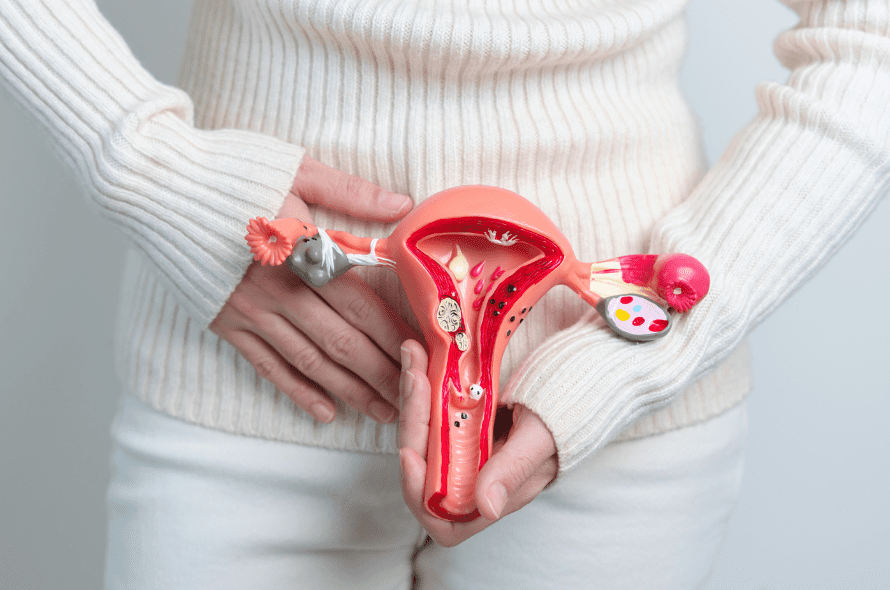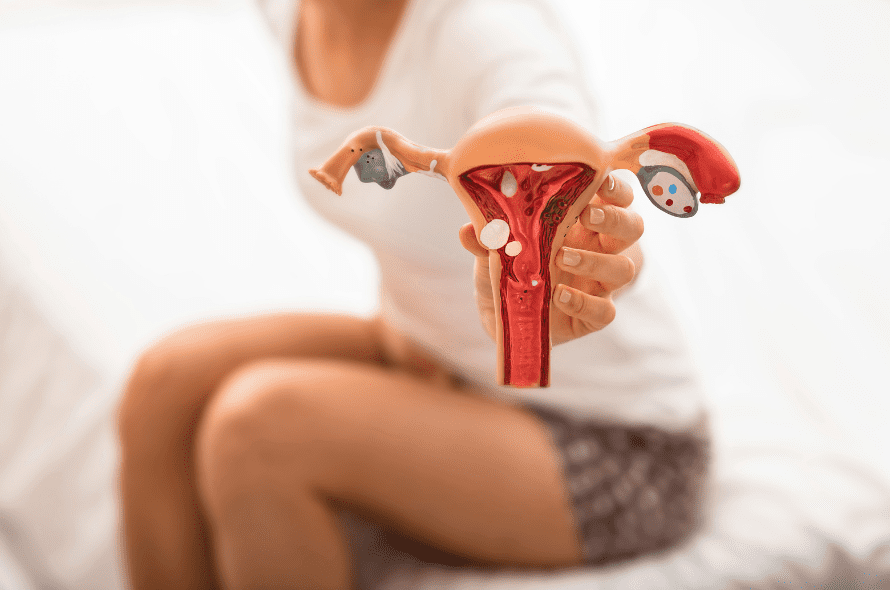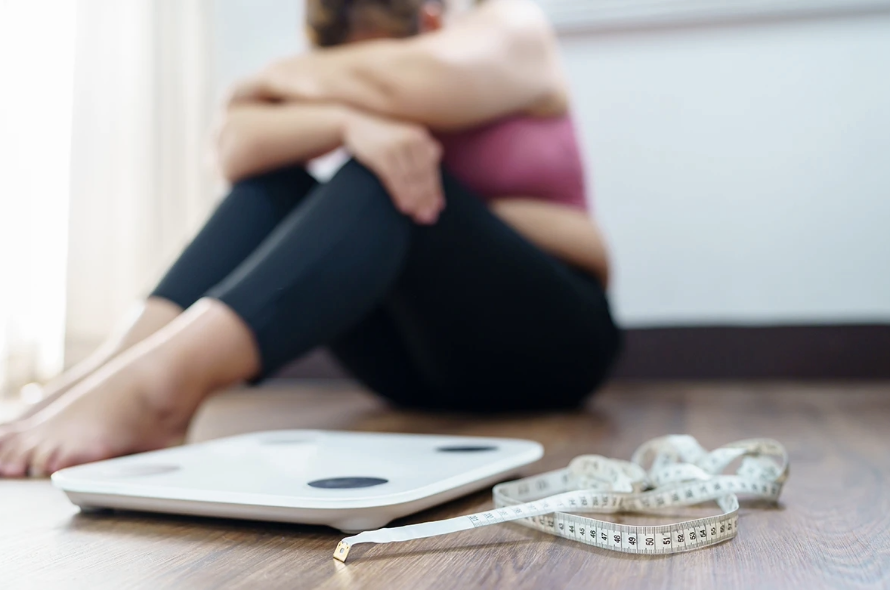We know the drill: the missed days at work or school, the constant need for painkillers and heat pads, the endless guessing about what’s going on, and hearing “maybe it’s just stress” from people who don’t really understand.
Have you experienced any of the following?
- Heavy menstrual flow
- Painful period cramps
- Bleeding and spotting between periods
Common Period Problems & Are They a Cause for Concern?
Your period is extremely painful.
While cramps are normal during your period, some women experience cramps so painful that they need to take MC from work or school or have to take increasing doses of painkillers. While some women might have a high tolerance when it comes to period pain, you should definitely see a gynae sooner rather than later. Severe period pains may suggest an underlying condition like endometriosis, a disorder in which tissue that normally forms the lining of your womb grows outside the womb.
You need to change your pad/tampon every hour.
Some women may have a heavy flow but do not realise it as they have gotten used to it and go about their daily lives. Heavy menses can be subjective, but there are a couple of ways to quantify it. If you need to change your pad/tampon every one or two hours or if you notice you bleed out overnight during your sleep constantly, then you might have heavy menses. If you think you have heavy menses, it is recommended that you visit a gynae, where they will do a blood test to check your haemoglobin levels. This will help the gynae assess how heavy your flow is and recommend suitable treatment.
You notice a lot of spotting in between periods.
The peculiar thing about spotting is that it’s one of the rare period problems that is considered quite normal most of the time, especially if it occurs 10-14 days after your period. However, if you constantly find that you get spotting three to four days after your period is over, you might have a polyp in your cervix. Polyps can be easily detected during a routine gynae check-up. Various treatment options are available, and sometimes, the polyps may resolve independently.
Another more serious reason for spotting is Polycystic Ovarian Syndrome (PCOS). In PCOS, there is an imbalance in hormonal levels, which results in ovulation not occurring every month. If your gynae suspects you have PCOS, they will perform a pelvic exam, run blood tests, and do an ultrasound scan to confirm the diagnosis before recommending a suitable treatment option.
You get irregular periods.
It is normal to occasionally miss your period as it could be due to factors like stress, using birth control, or even going into menopause. Therefore, women should track their cycle for about three months first. If you miss your period for three cycles or more, then it is a cause for concern. Menstrual cycles differ from woman to woman. A regular cycle for you may not be normal for someone else. You need to be in tune with your body and visit a gynae if you observe any significant or sudden changes in your period.
Period Problems Score Chart
This simple score chart lets you learn more about your period problems. It can help you figure out if you need to see a gynae for period problems.
Simply answer the questions by choosing Yes or No below.
Experienced very heavy menstrual bleeding associated with giddiness and / or fatigue that has alarmed you or such heavy flow that caused social inconvenience? (E.g stained bedsheets / clothes, changing of pads every 2 -3 hours or less)
Had menstrual pain or cramps so severe that you are unable to attend school, work or social events?
Need to take painkillers to stop or reduce the pain during menses on a consistent basis (monthly)?
You have not gotten your period for at least 3 months or more.
If you have selected “yes” to more than 2 of the above, we highly recommend seeing a gynae on your current symptoms. It is beneficial to see your gynae as early diagnosis will allow for a wider range of treatment and management options, including future considerations such as fertility. Help is at hand. Don’t hesitate to see a specialist today.
Consult Our Gynaecologists
Dr Sivahami Sivananthan
Orchard (Paragon)
Katong

Dr Tho Chin Keong
Jurong East
Dr Watt Wing Fong
Gleneagles




